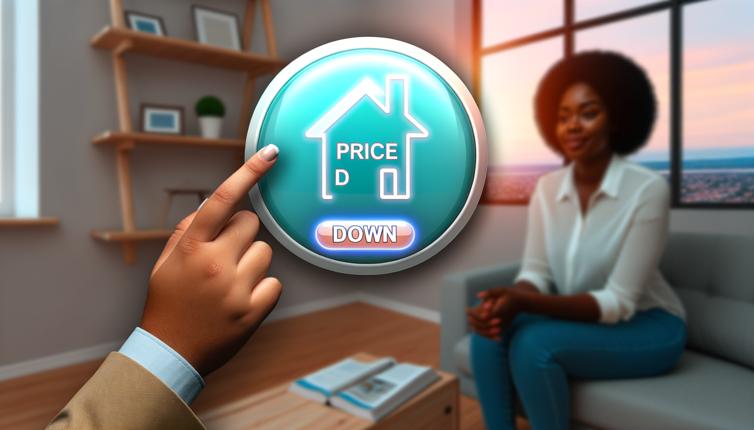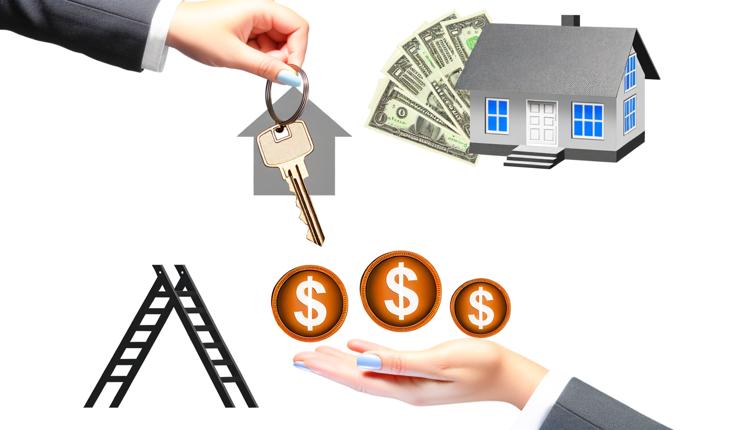Do Your Research
Before entering into negotiations, it's important to do your research on the local real estate market. Look at recent sales of similar homes in the area to get an idea of what the market value is. This will give you a realistic starting point for your negotiations.,Additionally, research the seller's situation. Are they motivated to sell quickly? Are there any repairs or issues with the property that could be used as leverage in negotiations?,The more information you have, the better prepared you will be for negotiations.
Set a Maximum Budget
Before you start negotiating, determine your maximum budget. This is the highest price you are willing and able to pay for the property. Having a clear budget in mind will help you stay focused during negotiations and avoid overpaying for the home.,It's important to take into consideration additional costs such as closing costs, inspection fees, and any repairs or renovations that may be needed. By factoring in these costs, you can determine the maximum price you are comfortable with.
Start with a Lower Offer
When making your initial offer, it's generally a good idea to start lower than your maximum budget. This allows room for negotiations and gives the seller the opportunity to counteroffer.,However, be cautious not to make an overly low offer that could offend the seller. It's important to strike a balance between getting a good deal and maintaining a positive relationship with the seller.
Be Willing to Walk Away
Negotiations can be a back-and-forth process, and it's important to be willing to walk away if the terms are not in your favor. This demonstrates to the seller that you are serious about getting a fair price.,If the seller is unwilling to negotiate or the price is not within your budget, it may be best to move on and continue your search for a suitable home. There are always other options available.
Consider Non-Price Factors
While price is a significant factor in negotiations, it's not the only consideration. There may be other non-price factors that you can leverage to your advantage.,For example, if the seller needs to close quickly or is looking for a flexible closing date, you could offer to accommodate their needs in exchange for a lower price. By being flexible and accommodating, you may be able to negotiate a better deal.,Other non-price factors could include repairs or upgrades that the property needs. If you are willing to take on these tasks yourself, you could negotiate a lower price based on the estimated cost of repairs or upgrades.
Conclusion
Negotiating the best price on a home requires preparation, research, and effective communication. By following these tips and strategies, you can increase your chances of getting a favorable deal on your new home.









